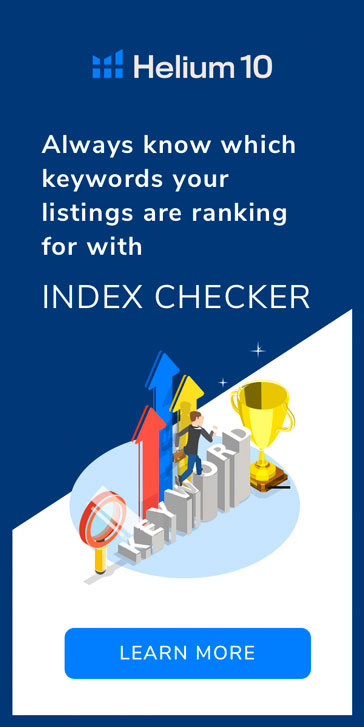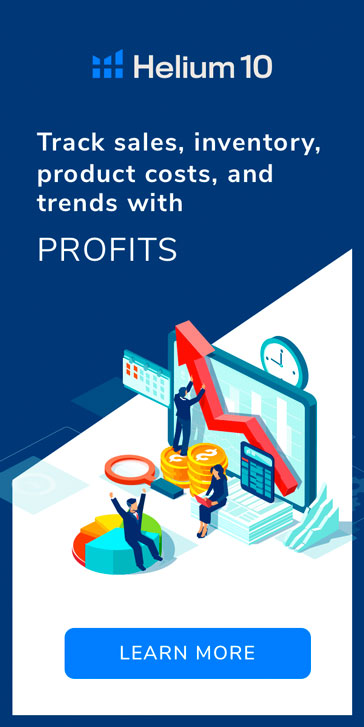On Thursday, June 21, 2018, the US Supreme Court voted 5-4 in favor of overturning a 50-year-old decision not to force out-of-state vendors to charge state sales taxes on goods sold.
The law, last evaluated in 1992, has now been seen by the majority of the justices as well as many state representatives as out of date in a world where e-commerce has come to be a significant driving force in the national and local economies.
The new decision will now mandate that out-of-state vendors and retailers will be required to collect sales tax for any state in which they sell items, whether they have a physical presence in the state or not.
This new ruling comes off the coat tails of a similar law passed in South Dakota in 2016 requiring retailers without a physical presence in the state to collect the same sales taxes as local brick-and-mortar establishments. Because the law seemingly targeted online transactions, it was challenged by e-commerce giants Newegg, Overstock, and Wayfair.
According to NPR, as many as 24 states have already jumped on board to enact new policies that weave sales tax collection from out-of-state retailers. This means your Amazon seller sales tax liabilities will be complicated to say the least.
How Does This Decision Affect Amazon Sellers?
It would seem that short answer to the question, “Will this decision affect my pricing on Amazon?” is a resounding YES. It’s unclear at this time how Amazon will choose to approach this new legal entanglement, but what is clear is that when a customer buys your product anywhere in the United States, local sales taxes will have to be collected one way or another.
Many sellers have wondered if they personally will be responsible for remaining compliant for collecting these sales taxes for each state, but only time will tell how Amazon will address the issue. However, it might be prudent to start thinking about a strategy for collecting Amazon seller sales tax from all 50 states. This way you’ll be ahead of the competition as each state passes legislation regarding out-of-state sale tax collection.
There have been many tricks Amazon sellers have employed in the past to avoid collecting state sales taxes, such as ensuring their product was not kept in a warehouse within state limits. However, those days seem to have come to an end with this US Supreme Court decision.
The advantage of offering competing products with Main Street retailers at lower prices may no longer be an option for many. To ensure that you don’t get a bad case of the state sales tax blues, you will have to find other ways to make your product more attractive than just through prices, such as high-quality materials, more features, and more marketing campaigns.
While many of you may not be happy about the possibility of getting more direct competition from local retailers, this event presents an opportunity to find new ways to improve your product listings and create even better products than before.
Helium 10 offers many tools that can help you continuously improve your listings and generate more buzz around your product to keep customers wanting your product over even local retailers. Visit www.helium10.com/tools to see what each tool can do for you!
Original post from US Supreme Court Ruling on Sales Tax: Could Your Amazon Prices Increase? – Helium 10





























